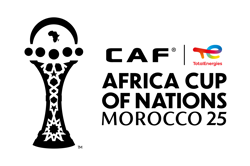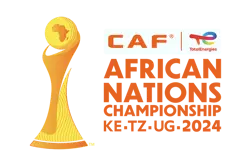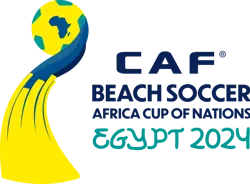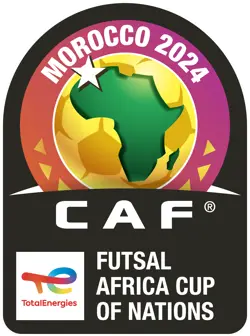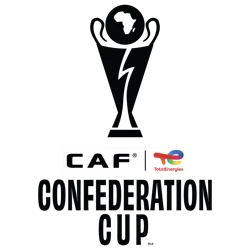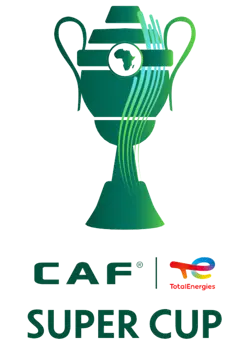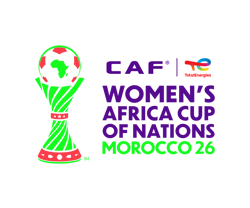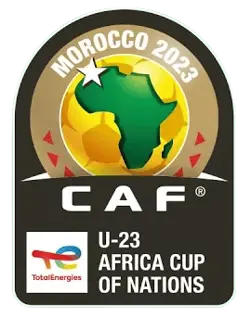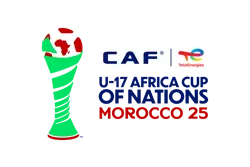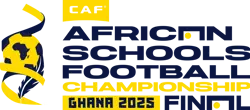Justin Madugu: The Nigerian Mastermind Showing Indigenous Coaches Can Rule the World
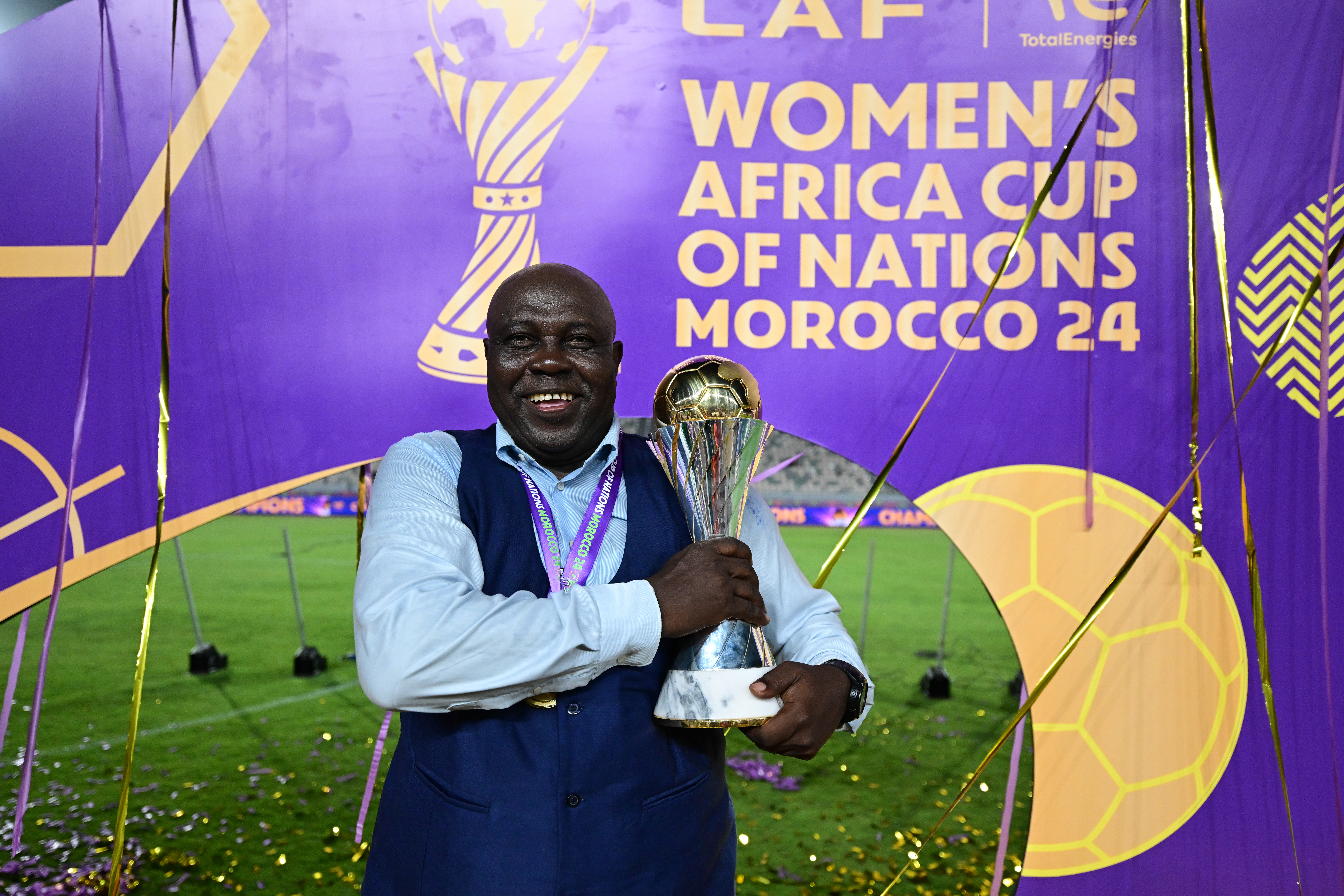
In Rabat’s searing heat, amid roaring Moroccan fans from the stands of the Olympic Stadium, one calm figure on the touchline scripted a footballing miracle. Justin Madugu, the ever smiling and astute tactician from Adamawa State, led the Super Falcons to their 10th CAF TotalEnergies Women’s Africa Cup of Nations (WAFCON) title with a stunning 3-2 comeback over host nation Morocco. In doing so, he not only upset Jorge Vilda, Spain’s FIFA Women's World Cup-winning coach, but also reignited faith in indigenous Nigerian and African coaches.

Mission X Accomplished: A Continental Statement
Madugu’s triumph in Morocco was more than a football, on his fifth coaching appearance but first as head coach at the WAFCON after previous assistant roles in 2012, 2014, 2018, 2022. It was symbolic, a reclamation of lost pride and a declaration of indigenous African coaching potential amid influx of high-profile expertrates.
“We must first give God the glory for making this great feat achievable,” Madugu exclusively told CAFOnline.com. “Of course, the players are the key actors. We all know that we are representing the entire indigenous coaches at home because our doing well is a reflection of what the Nigerian coach can do.
“From the onset, we knew what was at stake. It wasn’t just about the team. We needed to set a good benchmark for our home-based coaches who’ve previously lost hope. When we were given this task, we knew it was huge, we weren’t just representing ourselves.
“I believe strongly that this achievement will open up more doors for Nigerian coaches at every level. It’s about changing the perception — proving that we can compete and win at the very top. We’ve not disappointed, and that is the joy that fills me the most.”

A Journey Built on Grit and Faith
This title didn’t come by chance. It was the product of decades of grassroots toil, perseverance in obscurity, and a relentless belief in the process for the 61-year-old tactician.
“I started from the grassroots - YSFON tournaments, coaching boys, encouraging girls who were turned away from fields,” Madugu reflected. “In the early ‘90s, we went to Brazil for youth tournaments. That was the spark. We built Makwada Queens from scratch. I started organizing local tournaments, watching players develop.”
“It wasn’t easy. People laughed. I was a civil servant, yet I coached both men’s and women’s teams. I was combining office work with football. But I believed in something bigger. God gave me the gift to read matches and analyze games even when I didn’t understand what that meant at the time.”
“Today, many of those young girls we coached in Adamawa now play for Nigeria - Ordega, Sarah Nnodim, Loveth Ayila, Lola Philip all came through our system. The dream was always alive - even when no one believed.”

Tactics, Transition, and Trust: The WAFCON Blueprint
Madugu’s ability to lead a team in transition, with 11 tournament debutants, is a masterclass in man-management, tactical flexibility, and player belief.“We had very little time with the team. We only used FIFA windows. So, most of the hard work was off the field, one-on-one talks, group sessions, tactical discussions,” he explained. “We tried to simplify everything. Before training, we’d handle theory. In training, we executed.”
“We studied Morocco thoroughly. They used different formations throughout the tournament. My knowledge of match analysis helped — I’ve trained in that area. The final required mental strength and trust in the players’ ability to adapt.” “We made changes when it mattered most. The partnership of Esther Okoronkwo and Chinwendu Ihezuo was a product of experimentation. We used the group stage to find balance. By the knockouts, we had stability. That was deliberate.”

Conquering Morocco, Outwitting a World Champion
Facing Jorge Vilda, who is fresh from lifting the FIFA Women’s World Cup with Spain, was a psychological and technical mountain but Madugu never flinched.
“He’s a high-profile coach. For us to come here and get one over him? That’s commendable,” Madugu smiled. “But it wasn’t about him. We focused on the players. Morocco had the crowd, the momentum. Going 2-0 down in the first half? That was the biggest test.”
“We believed in ourselves. We knew we weren’t getting it right and had to switch tactics - move to Plan B. And it worked. The players’ mental resilience carried us.”
“We were thorough. We studied every Moroccan game. We looked at what we could exploit and how to neutralize their strengths. That’s what coaching is about - the fine margins.”
 Leadership Beyond the Pitch
Leadership Beyond the Pitch
Madugu’s approach to coaching extends beyond tactics. For many of his players, he is not just a coach, but a father, a mentor, and a confidant.
“You are not just coaching footballers. You are shaping lives. These young women come with dreams, struggles, and emotions. We play the role of parents too,” he said. “Discipline was non-negotiable, but we created an atmosphere where they could talk, trust, and grow.”
“Some of the players have been with me since U17 and U20. We’ve built a relationship based on care, structure, and guidance. They ask for advice even outside football — it’s personal. That unity showed on the field.”“When you make players believe in what you’re doing, magic happens. That’s what we saw in Rabat.”

Voices of Validation: The Madugu Effect
His impact hasn’t gone unnoticed. From former coaches to administrators and colleagues, the consensus is clear, Madugu is the face of a coaching renaissance. “Madugu is intense, structured, and deeply focused,” former Nigeria U20 coach Christopher Danjuma told CAFOnline.com. “He’s what an African coach should be — tactically sound, mentally resilient, and visionary.”
Mansur Abdullahi, Assistant General Secretary of the Nigeria Football Coaches Association, echoed that pride to CAFOnline.com. “His win means everything for indigenous coaches. He’s been in the system since 2008. This is our time.”
Even former Falcons coach Thomas Dennerby, who worked with Madugu in 2018 WAFCON success told CAFOnline.com, praised him: “He’s a good and bright guy. I had a very good time with Justine. I’m not surprised at all. He made the players believe. That’s what good coaches do.”

Planning for the Future: Team Nigeria 2.0
Madugu is already looking ahead, committed to discovering and integrating new talents into the national team’s structure.“Our long-term goal is to close the gap with the world’s best,” he said. “We need good structure, better facilities, and more scouting. We should be able to field a Team A, B, even C, that’s what global powerhouses do.
“We want more exposure, more capacity building for our coaches too. Let them go on attachments abroad, understand different football cultures. That’s how we grow.“We have another game in October. Before then, I hope we get a camp to assess new players and build toward the next WAFCON. The transition continues.”

The Final Word: Not a Job, but a Calling
Madugu isn’t preoccupied with contracts or titles. For him, the job is divine and the mission continues, with or without formal recognition.“The future? That’s up to the Federation,” he said modestly. “I’m just focused on delivering wherever I’m asked to serve. It’s not a do-or-die thing.”
“Nigeria is for all of us. If there are ideas to make the team better, let’s listen. Let’s work together.”“God gave me this gift. I’ve allowed Him to lead me. From sneaking out of camp to coach boys, to winning Africa’s biggest prize, this is divine.”
The Nigeria Football Federation (NFF) took a bold step when they appointed Madugu as interim head coach of the Super Falcons by President Ibrahim Gusau’s administration.
In an exclusive chat with CAFOnline.com, Gusau explained the rationale and impact behind Madugu’s appointment.“Well, his impact is very clear, because you can see it in any match we played as we progressed. The key thing is that he knows the team very well, because he has been with the team for a long time,” said Gusau.
“We need to have confidence in our indigenous coaches, especially if they have the qualifications as well as the technical experience. For Madugu, he has the qualification, and he has the technical experience, even by being with the team for more than three years. So we felt we could give him the encouragement to handle the team.
“We will see whatever way we can support him, both technically and otherwise, so that he can face the challenges ahead.” Madugu’s WAFCON 2024 unbeaten feat is a defining moment for Nigerian and African women's football. Beyond lifting a trophy, he lifted the perception and status of local coaching, proving that excellence knows no passport.
